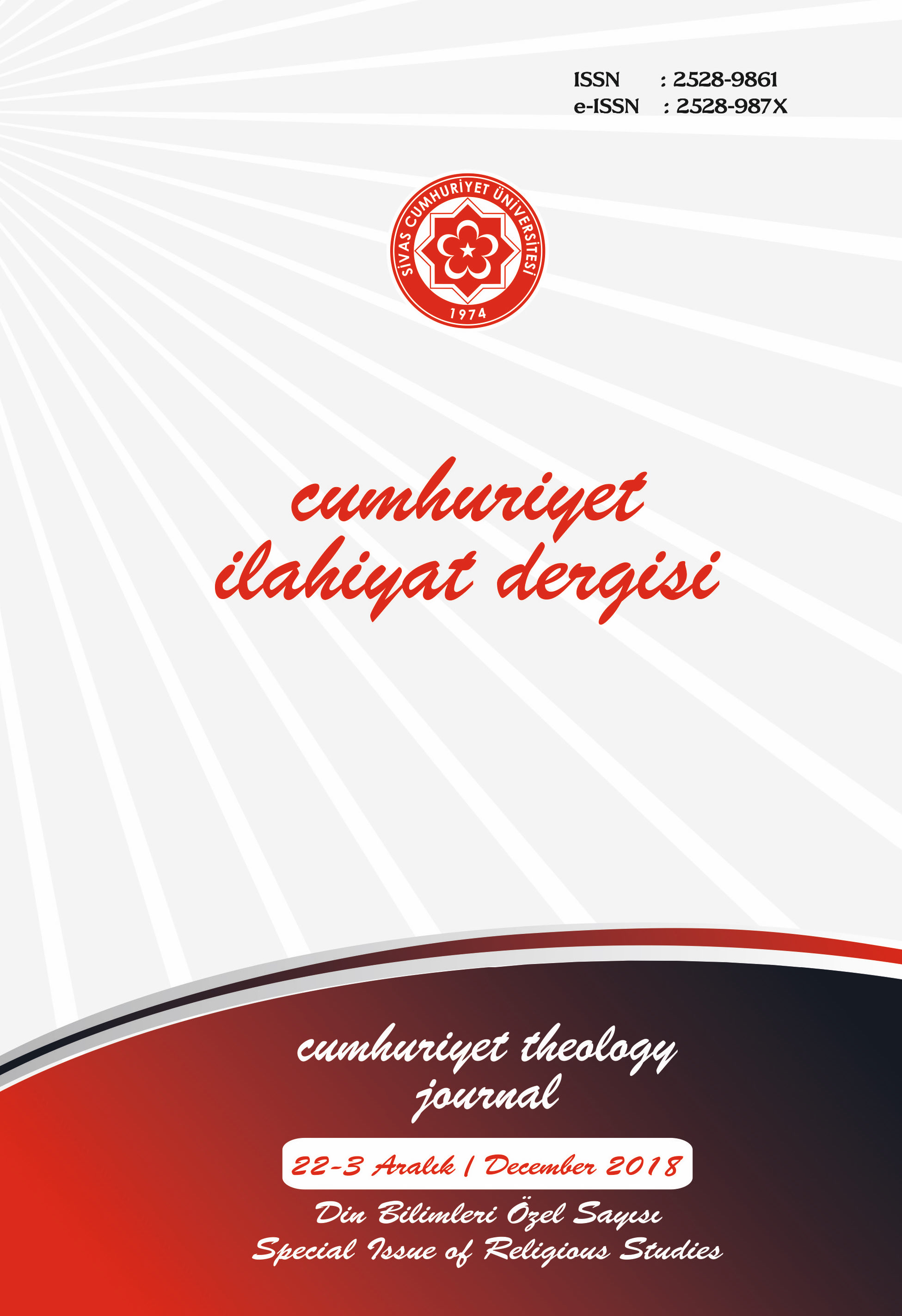Klasik Felsefede ve İslam Felsefesinde İnâyet: İbn Sînâ Örneği
Providence in Classical Philosophy and Islamic Philosophy: The Case of Avicenna
Author(s): Emine Taşçi YıldırımSubject(s): Philosophy, Theology and Religion, Islam studies, Middle-East Philosophy
Published by: Cumhuriyet Üniversitesi İlahyat Fakültesi
Keywords: Islamic Philosophy; Providence(´Ināya); Ibn Sīnā (Avicenna); God; World; Human; Evil;
Summary/Abstract: The concept of providence (´ināya) is one of the central notions of philosophy. This notion which has rich meanings, sheds light on the relationship between God, the world and human beings. Since ancient times, many varying ideas have been proposed concerning thought of providence (´ināya), some favorable (Stoics, Platonists, Peripatetics, Hellenistic School) and some unfavorable (Epicureans). Among the Islamic philosophers, providence (´ināya) is interpreted and associated with the proof of order (niẓām), precausation (tadbīr) by Kindī, the theory of emanation (ṣudūr) and the idea of virtuous society by Fārābī. As for Āmirī, he also approaches it through the axis of the theory of emanation (ṣudūr). As for Ibn Sīnā, providence (´ināya) has become a central concept within his philosophical system, including the ontological, epistemological and moral dimensions. According to him, providence (´ināya) is handled in such a way that God knows all things with pure knowledge (wisdom/ ḥikmet), creates and sustains their existence (generosity/cūd) or creates the most perfect world possible (power/qudra). Avicenna emphasizes the order of good in all his definitions of providence (´ināya) and he tries to solve the problem of the evil based on the plurality and potentiality(bi'l-kuwwa) outside the First Reason. He tries to show that the evil is almost nonexistent within providence (´ināya), and as a result the problem is minimized. Consequently, it can be said that providence (´ināya) is being stripped of its narrow context in the problem of evil, and associated with all matters of philosophy, and thus becomes a concept like necessity (wujūb), or existence (wujūd). In other words, all the discussions in Ibn Sīnā’s philosophy end up with providence (´ināya) in some regards
Journal: Cumhuriyet İlahiyat Dergisi
- Issue Year: 22/2018
- Issue No: 3
- Page Range: 1789-1790
- Page Count: 2
- Language: Turkish

